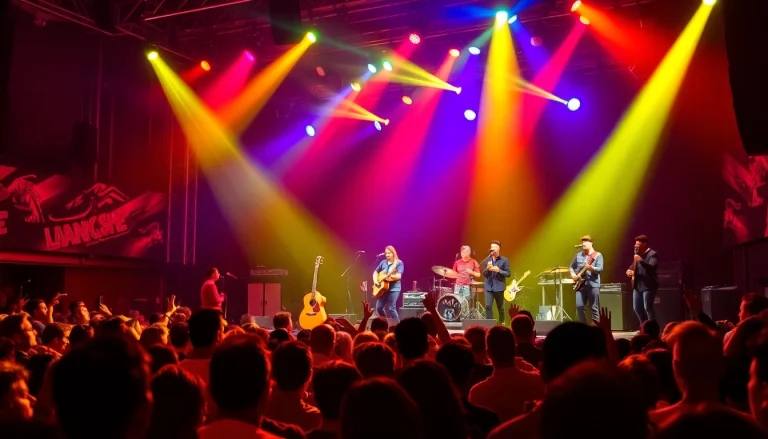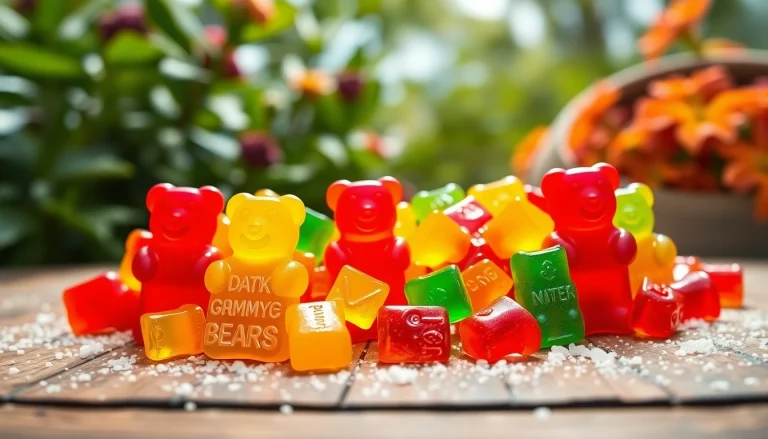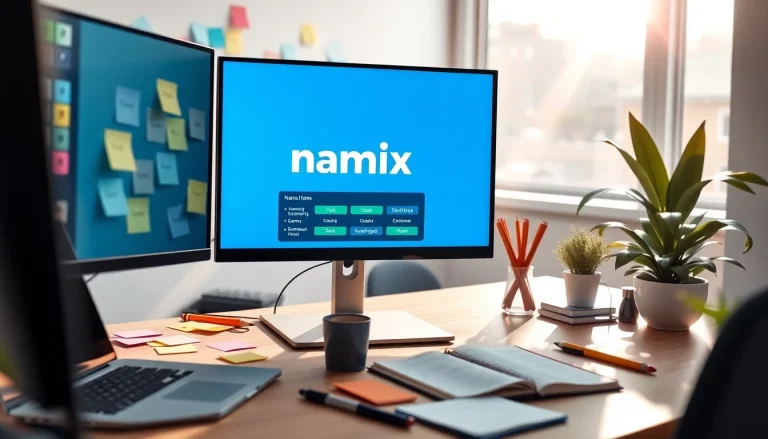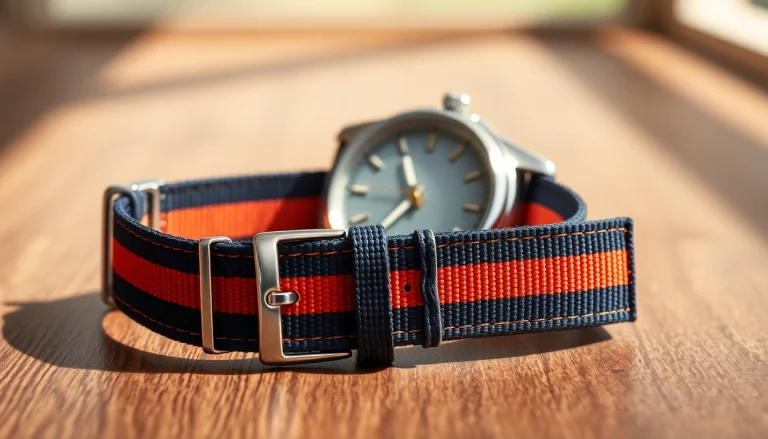
Introduction to Chicago Hip-Hop Artists
Chicago has long been a breeding ground for innovative music, and its hip-hop scene is no exception. The city’s hip-hop artists have influenced the genre globally, contributing unique sounds and narratives that resonate deeply with audiences. Known for its rich culture and creative expression, Chicago’s hip-hop landscape features a diverse array of artists, each bringing their own stories and styles to the forefront. If you’re looking to explore the realm of Chicago hip-hop artists, you’ve come to the right place!
The Birth of Chicago’s Hip-Hop Scene
The origins of Chicago hip-hop can be traced back to the late 1970s and early 1980s when artists began to embrace the burgeoning culture. Influences from disco, funk, and local jazz laid the groundwork for what would become a distinctive Chicago sound. DJs and party-goers at block parties were pivotal in establishing hip-hop’s presence. MCs like Kurtis Blow and DJ Jam Master Jay helped to elevate this traditional format, paving the way for local talent to emerge.
As the years progressed, the city witnessed the rise of influential groups and notable figures that would ultimately shape the genre. By the 90s, artists like Common and Twista had carved out significant niches, combining lyrical prowess with infectious beats that connected with the broader hip-hop community. This era marked a significant transition where local expressions of hip-hop began to gain national attention, ultimately making Chicago a focal point in the hip-hop world.
Iconic Artists and Their Contributions
Chicago’s contribution to hip-hop is often encapsulated in several iconic figures who have shaped the sound and culture. For instance, Kanye West’s innovative approach to production and lyrical depth reinvented how hip-hop could be perceived and consumed. His album The College Dropout did not just push boundaries musically; it explored themes of identity and aspiration that resonated with a broad audience.
Moreover, artists like Chance the Rapper and Lupe Fiasco have not only provided compelling lyrics and narratives but also used their platforms for social activism, addressing issues such as racial inequality and violence in their communities. Their artistry exemplifies the dual role that hip-hop can play as both entertainment and a form of protest.
Cultural Impact and Legacy
Chicago hip-hop continues to exert significant influence on both cultural and musical fronts. It has served as a voice for the youth and an avenue for addressing the systemic issues faced by marginalized communities. Over time, Chicago’s artists have pushed the envelope, allowing the genre to evolve while maintaining its roots deeply entrenched in the city’s culture.
Brands and media outlets have also begun to recognize this impact, leading to collaborations that further cement Chicago’s legacy in hip-hop. Moreover, the varying styles and themes represented by Chicago’s artists—ranging from drill music to introspective lyricism—highlight the city’s diversity, demonstrating that it is a multi-faceted tapestry of stories waiting to be told.
Key Genres and Styles in Chicago Hip-Hop
Drill Music: A Cultural Phenomenon
Among the styles that have emerged from the Windy City, drill music stands out as a cultural phenomenon. Originating in the early 2010s, it is characterized by its gritty lyrics and hard-hitting beats, often reflecting the harsh realities of inner-city life. Artists like Chief Keef, King Von, and G Herbo are notable figures within this subgenre, and they have garnered both acclaim and scrutiny for their raw portrayal of violence and the struggles faced by their communities.
Drill music not only reshaped Chicago hip-hop but also left a lasting impact on the broader hip-hop landscape worldwide, inspiring artists from different regions to adopt its style and narrative approaches. As drill grew, it drew attention to the socio-political issues plaguing neighborhoods, thus becoming a medium for expression that extends beyond music into active conversations about change.
Jazz and Soul Influences
While drill music has captured headlines, the influence of jazz and soul on Chicago’s hip-hop scene remains strong. Artists like Common, who began as a conscious rapper, incorporated elements from jazz, soul, and blues, creating a sound that is sophisticated yet accessible. This melding of genres has not only enriched Chicago’s hip-hop identity but has also allowed for a unique blending of lyrical content and melodic structure that stands apart in the industry.
Collaborations among artists further enhance this fusion, as they seek to explore and celebrate the legacy of Chicago’s rich musical history. From sampling classic jazz records to integrating live instrumentation, these artists bridge generational gaps, ensuring that the sounds of the past continue to influence contemporary music.
Contemporary Sounds: Melding Genres
In recent years, there has been an observable trend towards genre-blending among Chicago’s hip-hop artists. The boundaries between rap, R&B, electronic, and pop have become increasingly porous, allowing creatives to experiment with different sounds. This evolution is vividly represented in albums by artists such as Chance the Rapper and Saba.
Artists now often incorporate diverse musical styles into their tracks, reflecting a broader shift in how music is produced and enjoyed. This continuous innovation is essential to maintaining relevance within a fast-changing music industry, where audiences crave fresh sounds and new narratives that resonate on personal levels.
Spotlight on Rising Chicago Hip-Hop Artists
Emerging Talent to Watch
As the experience of seasoned artists influences the next generation, a multitude of rising stars is making waves in the Chicago hip-hop scene. up-and-coming artists such as Polo G, Noname, and Juice WRLD have begun to capture the attention of listeners and critics alike. Their unique perspectives and styles demonstrate a new wave of creativity that pays homage to the past while forging their identities.
Polo G’s melodic storytelling combined with lyrical introspection showcases a depth that resonates greatly with fans. Similarly, Noname’s thought-provoking lyrics often challenge societal norms and expectations, appealing to a more conscious audience while carving out her space in the industry.
Characteristics of Today’s Artists
Today’s Chicago hip-hop artists exhibit a blend of lyrical prowess, authenticity, and social consciousness. There is a marked emphasis on storytelling, with artists often sharing personal experiences intertwined with broader themes that resonate with their communities. This trend is reflective of a push toward more relatable and meaningful music in a genre that often grapples with various cultural challenges.
Social media and digital platforms have empowered these artists to communicate directly with their audience, allowing for more authentic interactions that build supportive communities. In contrast to earlier models where artists were often disconnected from their listeners, today’s artists embrace a direct line of communication, navigating their careers and artistry with their followers as an integral part of the journey.
Success Stories from the Windy City
Several success stories from the Chicago hip-hop scene bring to light the potential for emerging talents. For instance, Chance the Rapper’s journey from mixtapes to Grammy wins without signing to a major label highlights how unconventional paths can lead to success. His commitment to independence and his community-oriented projects underscore a new model for artists trying to make it in the competitive landscape of hip-hop.
Another shining example is Saba, who has garnered acclaim for his lyrical depth and innovative sound. His work not only showcases his talent but also emphasizes the importance of community and collaboration within the scene. By amplifying the voices of those around him and addressing local issues, he represents the evolving nature of Chicago hip-hop, where success lies not just in personal achievements but also in uplifting others.
The Role of Chicago’s Hip-Hop Festivals
Major Festivals and Events
Chicago’s hip-hop festivals play a pivotal role in fostering local talent and celebrating the vibrant culture of the city. Events such as Lollapalooza, Pitchfork Music Festival, and the Chicago Hip-Hop Festival showcase both mainstream artists and underground talent, creating platforms for collaboration and exposure.
These festivals serve as hubs where artists can connect, share ideas, and perform for diverse audiences, further enhancing the reach of Chicago’s hip-hop artists. By bringing together various styles and sounds, these events not only contribute to the music industry but also foster a sense of community among creatives.
Community Engagement and Support
Beyond music, Chicago’s hip-hop festivals often engage with local communities by addressing important issues, providing educational workshops, and promoting social initiatives. Many artists actively participate in these engagements, using their platforms to educate and inspire change, further showcasing the role of artists as community leaders.
The presence of sponsors and local businesses supporting these events also highlights the collaborative efforts to uplift the Chicago hip-hop scene. This community engagement creates a supportive environment that fosters the growth of local artists and strengthens the connection between music and social activism.
Showcasing Local Talent
Festivals in Chicago provide a vital opportunity for local artists to showcase their work alongside established names. Featuring competitions for emerging talent, these events provide invaluable exposure and networking opportunities that can propel artists’ careers. Many artists note the importance of performing at local festivals as a stepping stone to larger venues and wider audiences.
For the spectators, attending these festivals becomes a way to discover new music and support local talent, fostering pride in Chicago’s dynamic arts culture. This cycle of support and recognition creates a rich ecosystem that nurtures the future of hip-hop in the city.
Future of Chicago Hip-Hop Artists
Trends Shaping the Scene
Looking to the future, several trends are shaping the landscape of Chicago hip-hop. One prominent trend is the rise of collaborations across genres, as artists seek to push boundaries and explore new sonic territories. This melding of hip-hop with rock, electronic, and pop elements illustrates the dynamic nature of music production in the city.
Another trend is the increasing emphasis on mental health and personal well-being among artists. Many Chicago hip-hop artists openly discuss their struggles with mental health issues, using their platforms to promote dialogues that were once stigmatized. This shift not only normalizes conversations around these topics but also provides listeners with relatable content that fosters a sense of community and understanding.
Opportunities for Upcoming Artists
As Chicago continues to evolve as a hub for creativity, upcoming artists will encounter numerous opportunities. The digital landscape and the continued rise of social media provide unprecedented access to global audiences, while independent platforms allow for greater control over artistic expression. Additionally, partnerships with brands and media can offer financial support and collaborative opportunities that empower artists to pursue their visions authentically.
Moreover, music education and community programs aimed at nurturing talent are essential for providing the necessary training and resources for emerging artists. Initiatives that foster mentorship and collaboration can significantly contribute to a thriving creative environment where new voices can flourish without hindrance.
Maintaining Cultural Integrity
As the Chicago hip-hop scene continues to grow, the challenge of maintaining cultural integrity remains paramount. Artists must navigate the tension between commercial success and staying true to their roots, often faced with the risk of losing their authenticity in pursuit of mainstream appeal. The legacy set by earlier artists can serve as a guide, emphasizing the importance of honest storytelling and real representation.
Future artists must also engage with their communities in meaningful ways, ensuring that their artistry reflects the realities of their surroundings while seeking positive change. By balancing personal expression with cultural responsibility, Chicago hip-hop artists will continue to thrive and make an indelible mark on the music industry.






